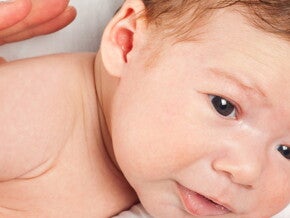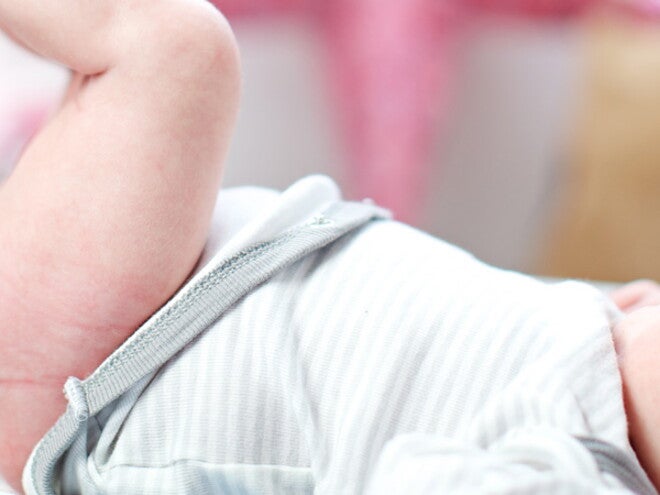
Stools
Stools
A baby’s bowels usually work within the first 24 hours after birth. The first stool, meconium, is blackish-green and sticky, with no smell. The colour changes to yellowish-brown over the next few days. Green stools are not a problem unless the baby loses his appetite and develops a temperature with diarrhoea, or starts to vomit.
- For the first 6–8 weeks, a healthy newborn usually has 3–5 stools a day.
- A change in the stools may occur temporarily when introducing alternative feeds. They may smell offensive.
Constipation
Normal but infrequent stools do not indicate constipation. A baby is constipated only if the consistency of the stool appears to be hard, dry and pellet-like.
- Gently massage the baby’s abdomen.
- Exercise his legs.
- Allow free kicking(Leg exercises: Place your baby flat on his back, Grasp ankles and flex knees till they press on abdomen, straighten out. Repeat.).
- Consult your healthcare professional.
- Give additional clean, boiled and cooled-down water after feeds.
- Avoid using laxatives, unless prescribed by your doctor.
Diarrhoea
Diarrhoea is the passing of frequent, loose stools, sometimes green with an offensive odour, and more than six stools in 24 hours, which may be streaked with blood or contain excess mucus.
- If you suspect your baby has diarrhoea, increase his fluid intake, but continue feeding as normal.
- Give him a rehydration mixture in small amounts between feeds.
- Consult your doctor, as dehydration in babies is serious, especially if diarrhoea is accompanied by vomiting.
Related articles
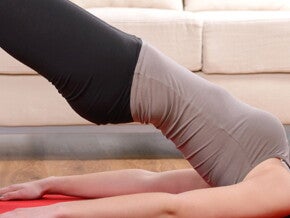
Postnatal exercise progressions
Check your basic progressive exercise programme with your caregiver.
5 mins to read

Baby Thrush
Thrush is a fungal infection and can be found in your baby’s mouth, nappy area or under the chin. The fungus lives on the skin and usually causes no harm, but when conditions are favourable,&n
2 mins to read

Check-up
A general physical and gynaecological examination is advised 4–6 weeks after delivery to assess your recovery and the return of your body to its non-pregnant state.
1 min to read
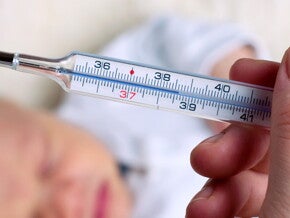
Baby’s temperature
The normal temperature of a healthy infant varies between 36–37°C. A slight rise in temperature may be due to a cold or a mild digestive upset.
5 mins to read
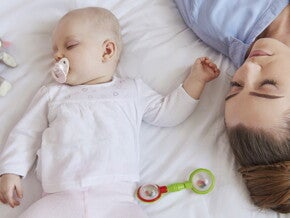
Getting baby to Sleep & fighting fatigue
Getting enough sleep during the first months of your baby’s life means adjusting to your own new sleep habits and those of your baby.
5 mins to read
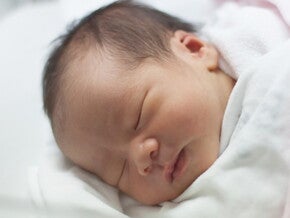
Hospital stay and going home
The average stay in hospital is about three days, if there are no complications.
1 min to read
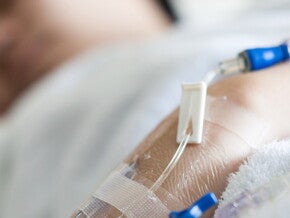
Your body
After the birth your body undergoes rapid physical and hormonal changes.
4 mins to read

Baby bottle feeding equipment
you have decided to bottle feed your baby
1 min to read
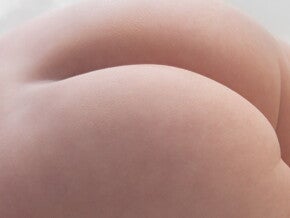
Rashes
A young baby’s skin passes through many phases, from clear to spotty (rash), to peach-like. This may be due to the transition from a protected environment in the womb to the outside world.
5 mins to read
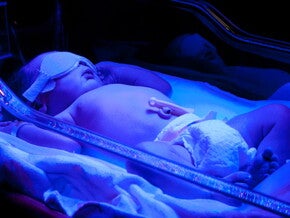
Common concerns in the first days
Physiological jaundice
5 mins to read
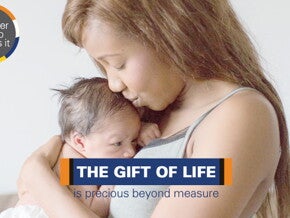
Breastfeeding Videos
A Breastfeeding experience which is enjoyable and beneficial to both mom and b
5 mins to read
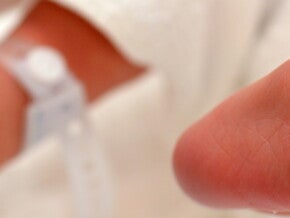
Your baby’s appearance at birth
Many parents are surprised or even alarmed at the sight of their newborn. It is important to understand that the effects of birth are usually temporary and the baby’s looks improve rapidly.
5 mins to read
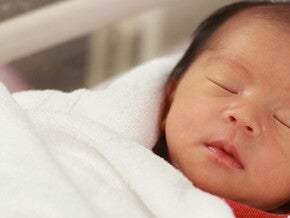
Sleeping
Babies all have individual temperaments, which will affect their sleep patterns. Some are sleepy and others more alert and wakeful.
5 mins to read
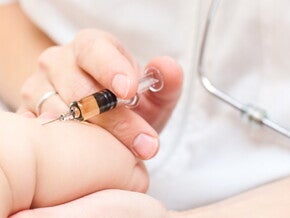
Immunisation
The aim of immunisation is to prevent disease. It protects the community as well as individuals.
5 mins to read
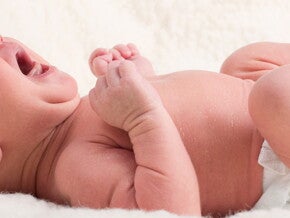
Crying
A new baby cries a great deal of the time. It is her only way of communicating. It is difficult at first to know why she cries, but your ability to interpret her cries will improve with time.
5 mins to read
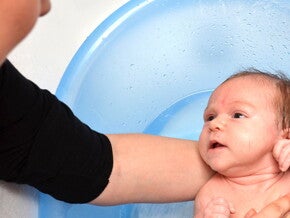
Bathing
Use your hospital stay to learn how to bath your baby. Babies usually have their first bath about an hour after birth.
5 mins to read

Clinics and postnatal support
Clinics and primary health services are freely available in most countries in Southern Africa. Locate your closest clinic and the telephone number from your local authority or hospital.
5 mins to read

Emotional adjustments
Your feelings about the birth
5 mins to read
